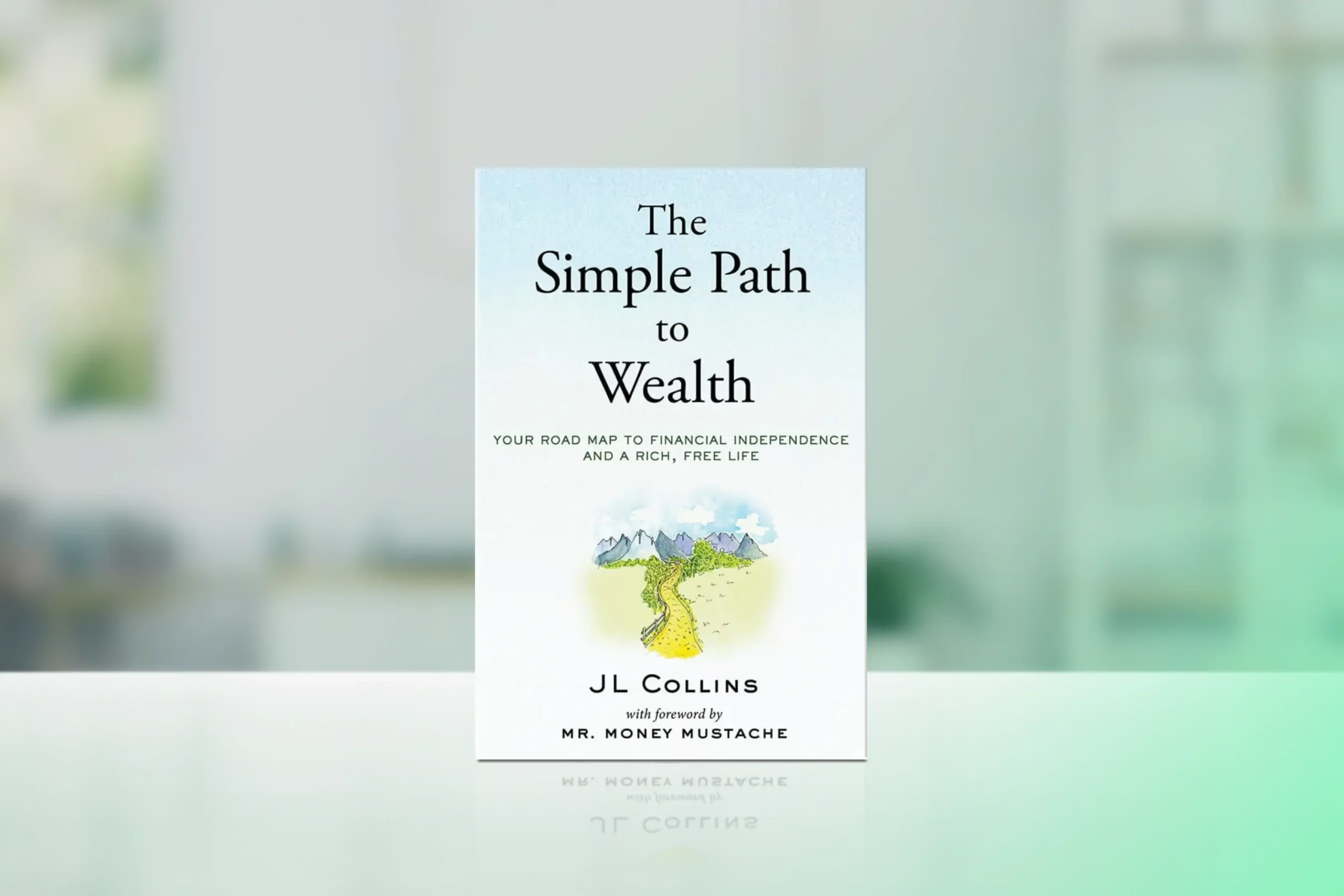Does your heart rate quicken when you check your bank balance? Do you lie awake at night worrying about financial decisions? You’re not walking this path alone. Studies show that 77% of Americans experience anxiety about their financial situation, making money stress one of the most common forms of emotional burden we carry.
But here’s the empowering truth: financial wellness isn’t about having a certain number in your bank account—it’s about developing a healthy, confident relationship with money that allows you to make decisions from a place of clarity rather than fear. Just as we build physical strength through consistent exercise, we can develop financial resilience through intentional practices and mindset shifts.
In this guide, we’ll explore practical strategies to transform your relationship with money, reduce financial stress, and build lasting confidence in your financial decisions. Whether you’re dealing with debt, building savings, or working toward bigger financial goals, you’ll discover tools and techniques to create a more empowering money mindset.
Understanding the Money-Stress Connection
Our relationship with money is deeply emotional and often shaped by personal experiences, family history, and societal messages. Understanding these connections is the first step toward transformation.
Common Sources of Financial Stress:
- Uncertainty about the future
- Comparison with others
- Past financial mistakes
- Conflicting money messages
- Income instability
The Impact of Financial Stress:
- Physical symptoms (headaches, sleep issues)
- Emotional challenges (anxiety, depression)
- Relationship strain
- Decreased work productivity
- Decision paralysis
Reflection: What messages about money did you receive growing up? How do these messages influence your financial decisions today?
Building Your Financial Confidence Foundation
For deeper insights into developing a strong financial foundation, check out our article on “The Psychology of Saving: Maintaining Motivation in Your Financial Journey.“
Essential Components of Financial Confidence:
- Financial Literacy
- Understanding basic financial concepts
- Learning money management principles
- Staying informed about personal finance
- Building practical money skills
- Money Mindset
- Identifying limiting beliefs
- Developing abundance thinking
- Practicing gratitude
- Building financial self-efficacy
- Financial Organization
- Creating systematic approaches
- Establishing regular reviews
- Maintaining clear records
- Implementing automated systems
Challenge: Choose one component from above and commit to strengthening it over the next week through daily practice.
Practical Stress-Reduction Strategies
As recommended in “The Latte Factor“ by David Bach, small, consistent actions can lead to significant financial transformation. Here are practical strategies to reduce money stress:
Immediate Stress Relief:
- Money Mindfulness Practice
- Daily financial gratitude
- Conscious spending checks
- Money meditation exercises
- Financial Organization
- Weekly money check-ins
- Simplified tracking systems
- Clear bill payment schedules
- Support Systems
- Financial accountability partners
- Money support groups
- Professional guidance when needed
Long-Term Stress Management:
- Emergency Fund Building
- Start with small, regular deposits
- Automate savings transfers
- Celebrate milestones
- Debt Management Plans
- Structured repayment strategies
- Interest reduction techniques
- Progress tracking systems
- Income Growth Strategies
- Skill development plans
- Side income exploration
- Career advancement goals
Developing Healthy Money Habits
For additional perspectives on building positive financial habits, explore our article on “Smart Spending: Build Healthy Financial Habits for a Debt-Free Future.”
Core Financial Habits:
- Regular Financial Review
- Weekly spending analysis
- Monthly budget assessment
- Quarterly goal evaluation
- Mindful Decision-Making
- 24-hour purchase rule
- Value-based spending
- Future-self consideration
- Proactive Planning
- Emergency preparation
- Future goal mapping
- Regular savings deposits
Building Long-Term Financial Resilience
Key Components of Financial Resilience:
- Multiple Income Streams
- Primary job optimization
- Side hustle development
- Passive income creation
- Risk Management
- Insurance coverage
- Estate planning
- Investment diversification
- Continuous Learning
- Financial education
- Market awareness
- Skill development
Practical Application
Let’s implement these concepts with a 30-day Financial Wellness Challenge:
Week 1: Awareness
- Track daily money emotions
- Identify stress triggers
- Practice financial gratitude
- Review current habits
Week 2: Organization
- Set up a simple tracking system
- Create a bill payment calendar
- Organize financial documents
- Establish regular money dates
Week 3: Action
- Implement one stress-reduction strategy
- Start an emergency fund
- Create a debt management plan
- Build support systems
Week 4: Integration
- Review and adjust strategies
- Celebrate progress
- Plan next steps
- Share successes
24-Hour Challenge: Begin your financial wellness journey today by completing a 5-minute money mindfulness exercise and setting up your first weekly money date.
Your Path to Financial Peace
As you embark on this journey toward financial wellness, remember that every step forward, no matter how small, is progress. Your relationship with money is unique, and your path to financial confidence will be too. For more guidance on managing financial challenges, explore our articles on “The Emotional Side of Debt: Addressing Financial Stress and Anxiety“ and “The Psychology of Debt Repayment: Staying Motivated on Your Financial Journey.“
Consider these empowering questions as you move forward:
- How would your life change if money stress no longer held you back?
- What possibilities could open up when you approach finances from a place of confidence?
- How might your improved financial wellness positively impact those around you?
- What financial legacy do you want to create?
- How can your journey inspire others to take control of their financial wellness?
Remember, financial wellness is not a destination but a journey of continuous growth and learning. Each step you take builds your confidence, reduces stress, and brings you closer to the financial peace you deserve. As explored in our article “Debt Management: Step-by-step Guide to Breaking Free of Debt,” the path to financial wellness often involves breaking larger challenges into manageable steps.
Your financial journey is about more than numbers—it’s about creating a life where money serves as a tool for your wellbeing rather than a source of stress. Whether you’re taking your first steps toward financial organization or working to maintain healthy money habits, each action you take strengthens your financial foundation.
Start where you are, use what you have, and take that first step today. Your future self will thank you for the financial wellness foundation you’re building right now. Remember, thousands of others have walked this path before you, transforming their financial stress into strength and their money fears into confidence.
The journey to financial wellness begins with a single conscious choice—the choice to face your financial reality with courage and commitment. Make that choice today, knowing that each small step forward brings you closer to the financial peace and confidence you deserve.





